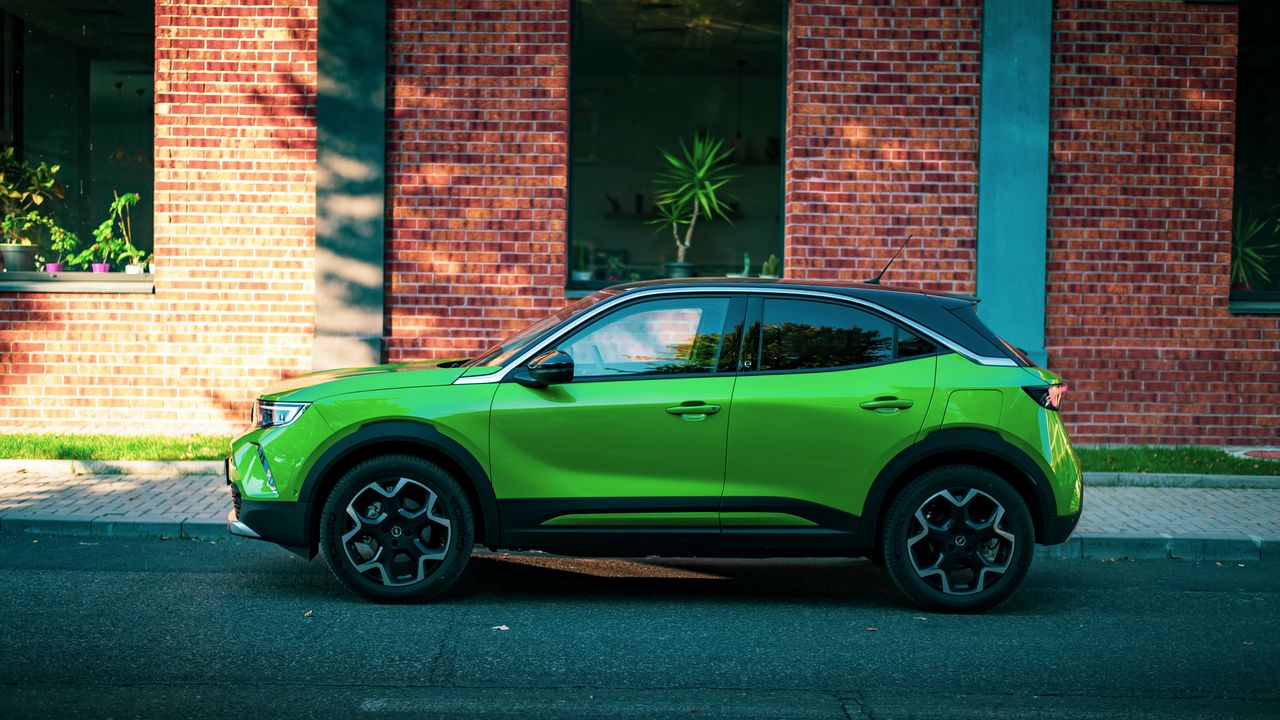Electric Car Warranties and Insurance Considerations
As electric vehicles (EVs) become more popular, it is essential for potential buyers to understand the warranties and insurance considerations associated with these eco-friendly cars. Electric car warranties and insurance regulations differ from those of traditional gasoline-powered vehicles, and it is crucial to be well-informed before making a purchase. In this article, we will explore the various coverage options, insurance regulations, and EV repair costs to help you make an informed decision.
Understanding Electric Car Warranties
When purchasing an electric car, one of the most important factors to consider is the warranty. Electric vehicles typically come with two types of warranties: the battery warranty and the vehicle warranty.
The battery warranty covers the performance and capacity of the EV’s battery pack. These warranties can vary significantly between manufacturers, ranging from 8 years/100,000 miles to 10 years/150,000 miles, or even longer in some cases. It is crucial to understand the terms and conditions of the battery warranty, including any limitations or exclusions that may apply.
The vehicle warranty covers the overall performance and functionality of the electric car, excluding the battery. This warranty is similar to the warranties offered for traditional vehicles and typically lasts for 3 to 5 years or a certain number of miles, whichever comes first.
Insurance Considerations for Electric Cars
Insuring an electric car involves understanding the unique insurance regulations and coverage options available. While the process is similar to insuring a conventional vehicle, there are a few key differences to consider.
1. Insurance Regulations: Insurance regulations for electric cars may vary by state and country. Some jurisdictions offer specific incentives or discounts for EV owners, such as reduced insurance premiums or tax credits. It is essential to research and understand the insurance regulations in your area to take advantage of any available benefits.
2. Coverage Options: When insuring an electric car, it is crucial to select the appropriate coverage options. In addition to standard coverage for liability, collision, and comprehensive insurance, EV owners may also consider specialized coverage for the battery pack, charging equipment, and other EV-specific components. Discussing these options with your insurance provider can help ensure that you have the necessary coverage for your electric vehicle.
EV Repair Costs and Insurance Coverage
One of the concerns often associated with electric cars is the potential repair costs. While EVs generally require less maintenance than conventional vehicles, repairs can be expensive due to the specialized technology involved.
When choosing an insurance policy for your electric car, it is essential to consider the coverage for repair costs. Some insurance providers offer specific coverage options for EV repairs, ensuring that you are protected in case of any damage or breakdown. Understanding the terms and limitations of this coverage can help you make an informed decision and avoid any unexpected expenses.
It is also worth noting that some electric car manufacturers offer extended warranties or maintenance packages that cover repairs and servicing for a certain period or mileage. These additional warranties can provide peace of mind and potentially reduce out-of-pocket expenses for repairs.
Conclusion
When purchasing an electric car, understanding the warranties and insurance considerations is crucial. Electric car warranties typically cover the battery and the vehicle separately, and it is important to review the terms and conditions of these warranties. Additionally, researching insurance regulations and selecting the appropriate coverage options can help protect your investment and mitigate potential repair costs. By being well-informed about electric car warranties and insurance considerations, you can confidently embrace the future of sustainable transportation.
